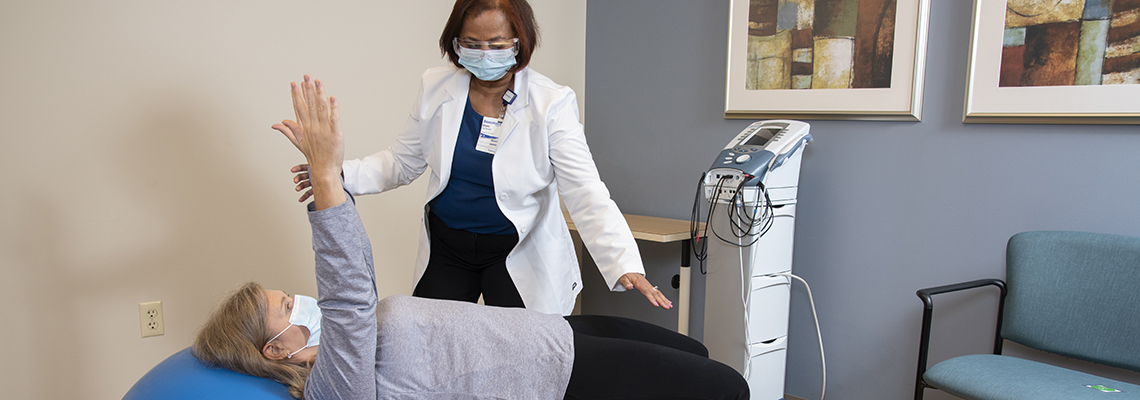Proteins are one of the key crucial nutrients for muscle repair. When muscles are strained during workouts, tiny tears occur in the muscular fibers. Eating protein after a workout provides the building blocks, known as amino acids, that the body needs to fix these tears. Foods high in protein, such as poultry, fish, eggs, legumes, and dairy products, are superb choices for recovery meals. It is advised to ingest protein within 30 minutes to 120 minutes after exercising to enhance muscle recovery. This timing helps to kickstart the recovery process and ensures that the body has the necessary resources to rebuild.
Carbohydrates also play an important role in rehabilitation. During workouts, the body uses stored carbohydrates, which is kept in the muscles and liver, as a primary energy source. After a workout, it is crucial to replenish these glycogen stores to restore energy levels. Consuming carbohydrates, such as whole grains, fruits, and greens, helps to refuel the body. Combining carbohydrates with protein in after exercise meals can improve rehabilitation even more. This mix not only aids in muscular repair but also helps to lessen fatigue and improve overall performance in future workouts.
In addition proteins and carbohydrates, healthy fats are important for general health and recovery. Fats provide essential fatty acids that the body cannot produce on its own. These fatty try this web-site acids help reduce inflammation, which can occur after intense exercise. Foods like avocados, nuts, seeds, and oil are superb sources of nutritious fats. Incorporating these foods in a well-rounded diet can aid the body’s rehabilitation process and encourage long-term health. It is crucial to note that while fats are helpful, they should be eaten in reasonable amounts as part of a well-rounded diet.
Hydration is another critical aspect of recovery that is often neglected. Water is vital for nearly every process in the body, including muscle repair. During exercise, the body loses fluids through sweat, and it is important to replenish these liquids to maintain optimal performance and rehabilitation. Fluid loss can lead to tiredness, muscular cramps, and reduced strength. Drinking water before, during, and after exercise is vital. In some cases, sports drinks may be beneficial, especially for extended or strenuous workouts, as they can help restore salts lost through sweat. In summary, maintaining adequate hydration is key to supporting recovery and guaranteeing that the body can perform at its peak.
